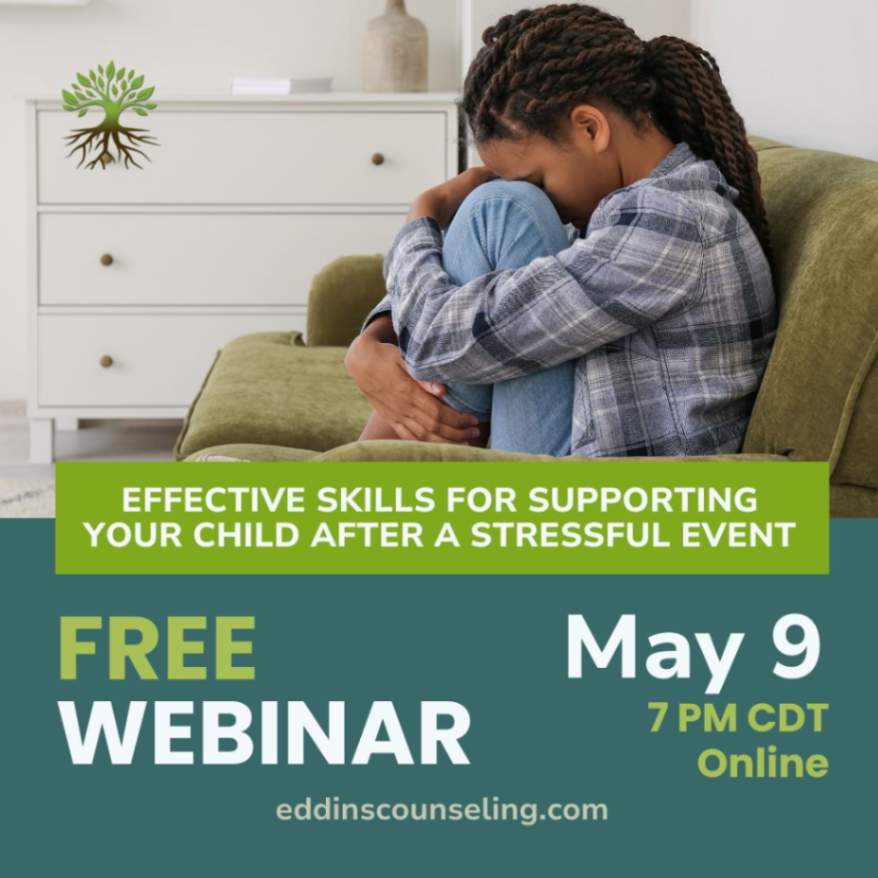December 7, 2016
5 Ways Teen Therapy Can Help Your Painfully Shy Teen Build Self-Esteem
Written by Rachel Eddins
Posted in Teen Counseling and with tags: confidence, parenting, shy

Does your teen seem quiet?
Do they get invited to parties and sleepovers, but they usually don’t want to go?
Do they have a few close friends, but refuse to branch out beyond that limited group and get to know new people?
It’s not necessarily unusual for teens to be a little shy. After all, they’re going through a lot of changes that leave them feeling awkward at times.
But what if your teen’s behavior has gone beyond normal shyness? What if they’re so painfully shy that it torments them? What if they even go so far as to make excuses to stay at home and not go to school?
Naturally, you want to help. Have you ever wondered if teen therapy may be an option to help your very shy teen build self-esteem?
5 Ways Teen Therapy Can Help Build Self-Esteem
Shyness can lead to a variety of problems for children, such as falling behind in school when they don’t dare talk to the teacher to ask questions. A painfully shy teenager can reap lasting benefits when they learn to overcome these problems.
Building self-esteem depends much on teaching them to think more positively about themselves. The ways teen therapy achieves this includes:
1. Reducing negative thoughts, self-blame, and shame
A good therapist allows your teen time to get to know themselves. They will help them identify their negative self-talk, the past experiences that led to these beliefs, and how to combat them. From there, your teen can learn tools to improve how they view themselves.
2. Gaining empathy for themselves
Improving their view of themselves includes developing self-compassion. The therapist can guide them to treat themselves with the same kindness they offer to others. Unlocking self-empathy gives your teen an opportunity to gain a better understanding of themselves and the issues they’re struggling with.
3. Building positive thought patterns and perspectives
Aside from combating negative thoughts, a therapist will also teach your teen to change negative self-talk into positive affirmations about themselves. Empowering your teen to make positive changes in their thought patterns will help them feel confident with and enjoy their own thoughts and feelings.
4. Developing effective social skills and behavioral patterns
A therapist will encourage your teen to engage in activities that can help with peer interaction and boost confidence and competence. Practicing learned skills and behavioral patterns is imperative, not just in the supportive company of the therapist but also their parents. (Perhaps you can plan a group visit to a place like the Houston Teen Tech Camp or one of the many Escape Rooms to practice social skills.)
5. Finding a sense of accomplishment
As the therapist will help your teen not only accept their weaknesses but also see their true strengths, they will gain a stronger sense of self and find a sense of accomplishment in what they can achieve. Receiving praise from others – the therapist and their parents – will let them enjoy those achievements. In effect, they learn to be proud of who they are.
Some methods used in teen therapy
Exposure Therapy – The teenager will gradually be confronted with situations they fear. First, the least frightening ones, then more and more difficult ones as they master each level. Exposure therapy includes social skill training, rehearsing those skills, and practicing them in real-life situations.
Cognitive Behavioral Therapy (CBT) – The teenager learns to examine their way of thinking about situations they fear and to change negative thoughts into positive ones. Armed with those new thoughts, they practice acting out certain situations with their therapist or other group members. After that, they are encouraged to confront these situations in real-life settings, using their newly learned coping skills. CBT may also include relaxation training to help them learn to stay calm when confronted with feared situations. Click here to learn more about teen counseling.
How Parents Can Help Their Shy Teenager
As a parent, you likely want to know what you can do to support your teen. Therapy is definitely a place to start as your teen may be suffering with social anxiety disorder. You can also try the following to support your teen:
1. Validate and show compassion. Understand that your teen may be struggling with anxiety. Without treatment, it’s not something they feel they have control over. Your teen may also be struggling with very harsh or negative thoughts about themselves. Try not to minimize their symptoms or behavior, criticize or
2. Gently encourage your child to face their fears and participate. Avoidance leads to increased anxiety and avoidance behavior. Rather, encourage your child to problem solve and consider ways to cope with challenging situations. If your teen wants to avoid a situation, help them identify their fears and coping skills they can use. “What is it you’re afraid of? Are you uncomfortable being singled out? Are you worried about what the other kids will think of you?” Ask, “what’s the worst that can happen (not in a sarcastic way of course!)” Then, “what’s the likelihood that will happen?” Help them gently move towards their fears vs. away from them. Encourage participation in school and social events vs. avoidance.
3. Help your shy adolescent identify negative or perfectionistic thoughts and beliefs. Let your teen know that we can have expectations of ourselves that are unrealistic. There are also many ways to perceive a situation and it’s easy to find the negative perspective and go down that path, even if it’s unrealistic or unlikely. Challenge your teen to reframe these beliefs and expectations into something more realistic.
4. Get coaching. Parents can also benefit from learning skills to cope with negative thoughts and beliefs both for themselves and then how to use these tools with their teen.
Support Groups for Shy Teens Help Build Social Skills
A therapy or support group can be a powerful way for your teen to increase confidence, especially in interpersonal relationships. A support group is a safe environment, where members support, encourage and respect each other. This allows teens to learn and practice social skills that can translate into their external social environments. Contact us to find out if one of our teen therapy or teen DBT groups are a good fit for your child.
Contact Us
If you think your teen could benefit from teen therapy, contact us today at 832-559-2622 or click here to schedule an appointment with one of our teen therapists in Houston.






















